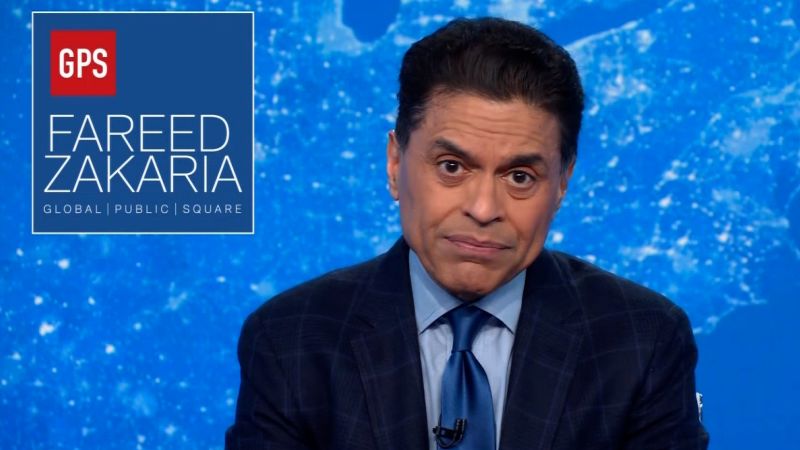In a recent segment on CNN, Fareed Zakaria discussed the firing of Ronna McDaniel from NBC News, shortly after she was hired as a paid political analyst. Zakaria pointed out that this event is indicative of a larger issue within the media landscape. Zakaria believes that the media industry has become increasingly polarized and that journalists are feeling pressure to conform to a particular narrative. He argues that this pressure is leading to the exclusion of diverse voices and perspectives from the conversation, which ultimately harms the public discourse.
Zakaria’s commentary touches on the challenges facing journalists in today’s media landscape. He highlights the increasing polarization within the industry, suggesting that journalists may feel constrained in expressing their true opinions or offering diverse perspectives. This pressure to conform to a particular narrative can lead to the exclusion of voices that don’t align with the prevailing ideology, ultimately limiting the scope of public discourse. Zakaria’s analysis suggests that the firing of McDaniel is just one example of this larger trend, where voices that don’t conform to a specific viewpoint are marginalized or silenced.
Zakaria also discusses the impact of this trend on the public’s ability to engage with diverse perspectives and form informed opinions. When certain voices are excluded or silenced in the media, it can limit the range of ideas and viewpoints that are available for consideration. This, in turn, can hinder the public’s ability to engage critically with different perspectives and form well-rounded opinions on complex issues. Zakaria emphasizes the importance of a media landscape that values diverse voices and fosters healthy debate, highlighting the detrimental effects of exclusion and censorship on the public discourse.
Furthermore, Zakaria’s analysis sheds light on the challenges facing journalists in navigating this increasingly polarized media environment. He suggests that journalists may feel pressure to conform to a particular narrative in order to maintain their positions or advance their careers. This pressure can make it difficult for journalists to express independent opinions or provide a platform for diverse voices, ultimately limiting the richness and diversity of the media landscape. Zakaria’s commentary underscores the need for a media industry that values journalistic integrity and encourages a diversity of voices and perspectives in order to foster a robust and inclusive public discourse.
In conclusion, Fareed Zakaria’s commentary on the firing of Ronna McDaniel from NBC News highlights the larger issue of polarization and exclusion within the media landscape. Zakaria raises important questions about the challenges facing journalists in expressing diverse viewpoints and the impact of media polarization on the public discourse. His analysis underscores the importance of a media industry that values journalistic integrity, diversity of voices, and healthy debate in order to facilitate an informed and engaged public. By shedding light on these issues, Zakaria’s commentary prompts critical reflection on the state of the media industry and its role in shaping public discourse.















